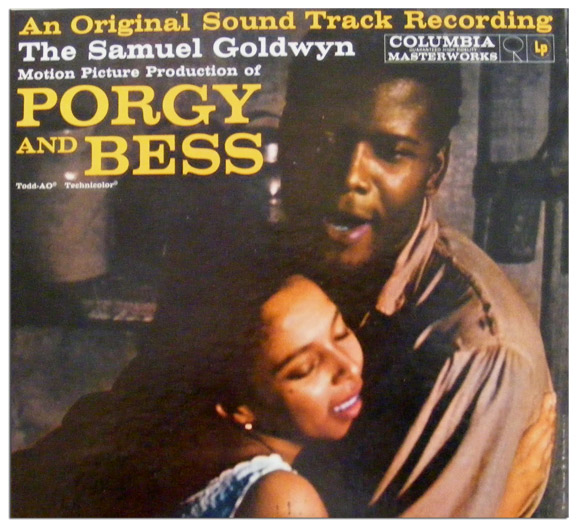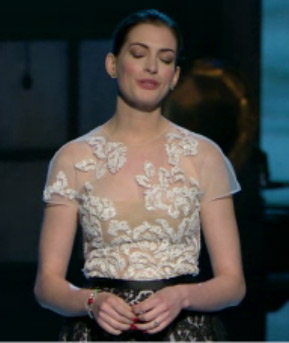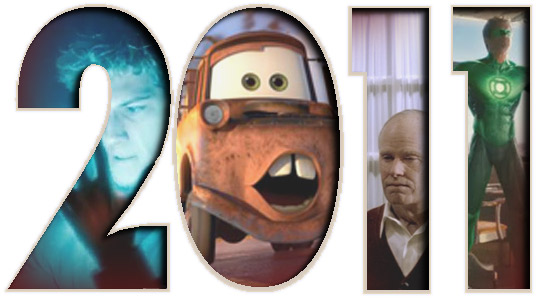We Should Read "The Paperboy"
 Thursday, December 29, 2011 at 10:18AM
Thursday, December 29, 2011 at 10:18AM Herewith a few notes on the newly released poster for The Paperboy which looks good enough to... read. The movie is about a reporter (Matthew McConaughey) and his troubled brother (Zac Efron) investigating a death row inmate (John Cusack) who is involved in a steamy correspondence with a femme fatale (Nicole Kidman).
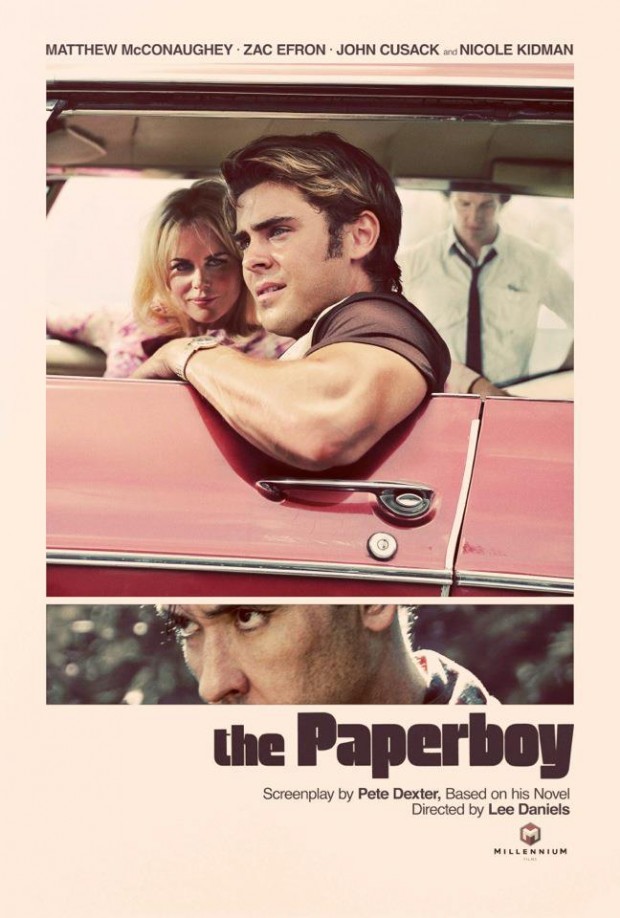
Is Zac Efron sending me a personal message by working with La Pfeiffer & Nic' back to back?
[plugs ears] lalalalalalalala ican'thearyou
I was once a paperboy. It's true. For years! Paperboys have gone the way of the milk man but when I was a kid this was a common job for suburban boys and girls to have. Then you'd do your collecting and spend all your hard-earned quarters at the arcade.
Nicole Kidman looks trashy delishusssss. Love the lusty smirk, like she's going to eat Zac right up -- not for his pleasure (!) but just to wield her own sexual power. Billing is always an interesting matter. If you can't be first, be last. Or rather "AND..." last. So Matthew & Nic' win.
Speaking of billing... I find it kind of interesting that the poster preferences the novelist and screenwriter above the Oscar nominated Lee Daniels (Precious) like it's a subliminal reminder of how great Precious was. Implied titles The Paperboy: Based on the Novel "The Paperboy" by Pete Dexter.
I think the color scheme is really helping. It's like the movie is summertime hot but someone left the paperback on the beach and it got all washed out. The retro craze for teaser posters is really on, isn't it? Just like the retro craze is really on onscreen (at least three of the Best Picture hopefuls). I suppose ANYTHING is better than dread contemporary poster aesthetics: big floating movie star heads or those imagination-prison horizontal stripes. This poster manages to include all the stars (if that's McConaughey out of focus but I can never recognize him with his shirt on) without resorting to the stripes at all. Well, except for that last insert of John Cusack's threatening eyeliner. But even that plays like a fun "to be continued" comic book panel.
If the movie is as good as this poster, I shall write it steamy letters from my apartment prison.
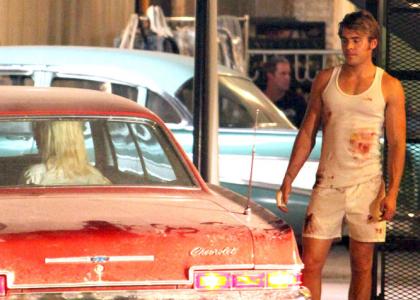
I think we should read the novel while we wait for this because you know Lee Daniels isn't a copy & paste kind of director but someone who likes to play with visuals. Who is with me? If so, say so... we need lots of blog projects to do it up real big like for 2012 before the apocalypse.



